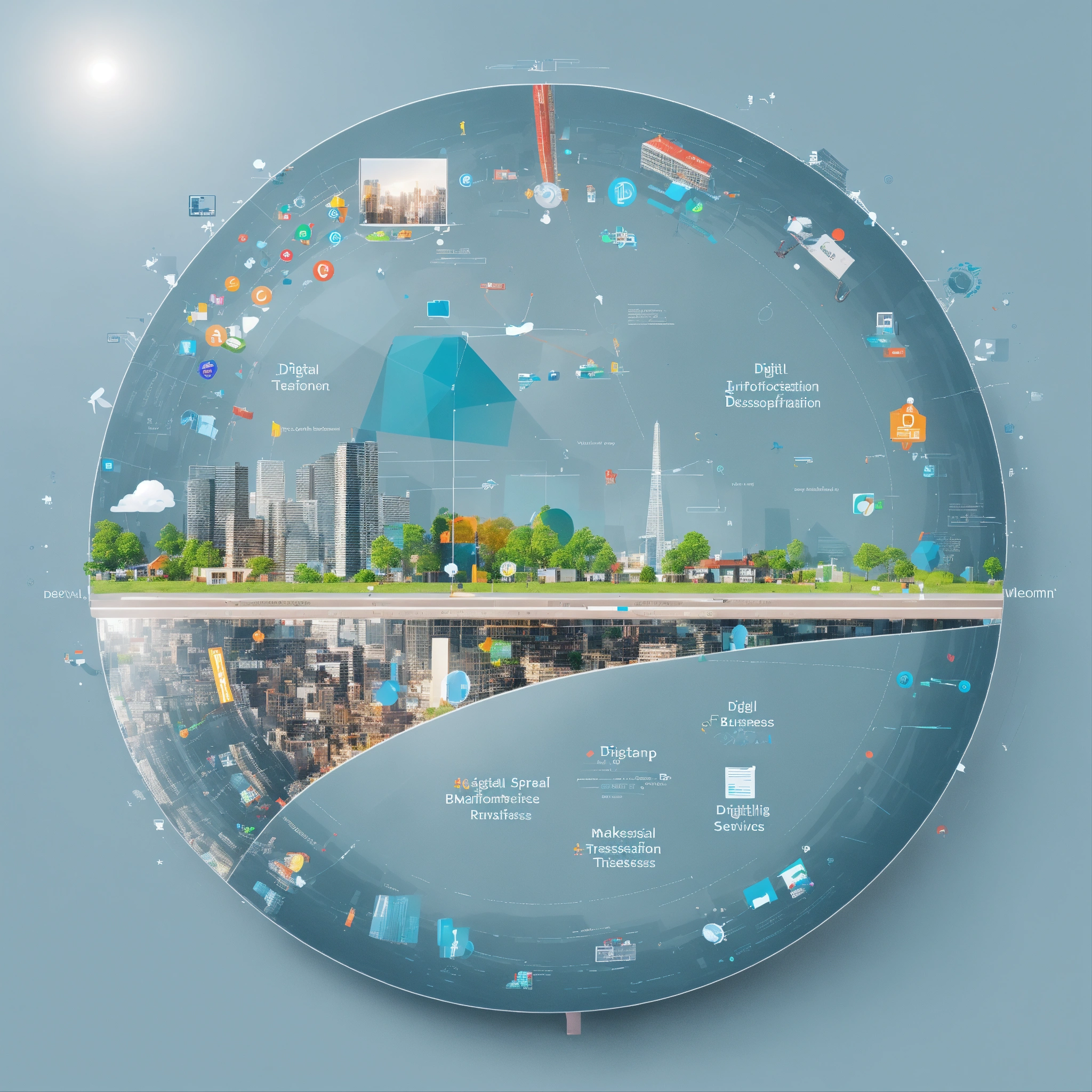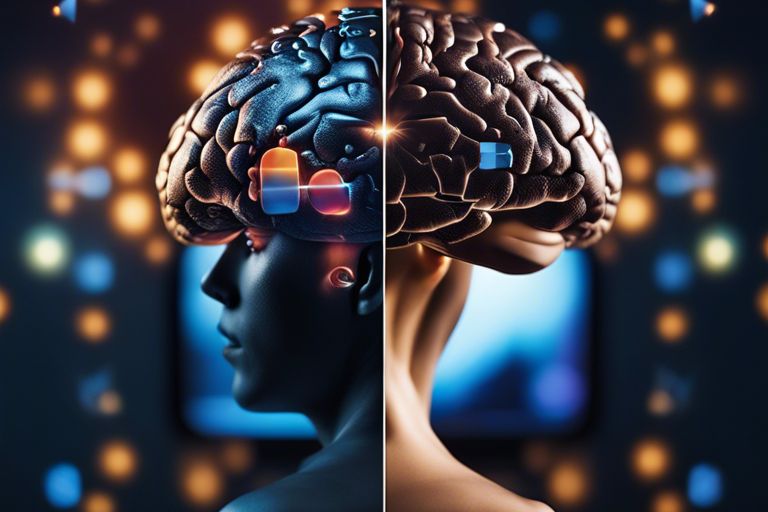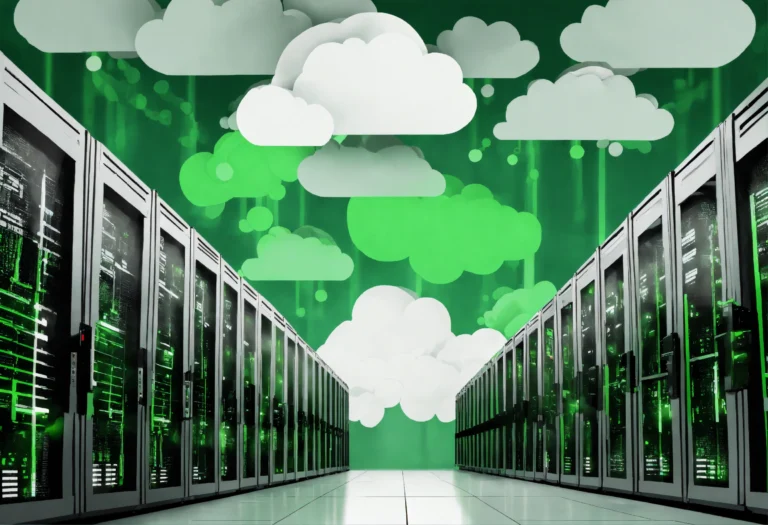Many of you may have noticed how technology is transforming our daily lives, and one area where this change is particularly evident is in urban planning and development. The Internet of Things (IoT) is emerging as a game changer, enabling cities to become more efficient, sustainable, and responsive to the needs of their residents. Understanding the potential of IoT in urban settings can empower you to be part of this exciting evolution.
The IoT encompasses a network of interconnected devices that communicate with each other and share data over the internet. In urban planning, this technology can significantly improve resource management, transportation networks, and public services. Imagine a city where traffic signals are automatically adjusted based on real-time traffic flow, or waste management systems that alert you when bins are full and need to be emptied. With IoT, these scenarios are not just possibilities; they are rapidly becoming realities.
One of the most significant impacts of IoT in urban development is in smart infrastructure. Your local government can deploy sensors to monitor structural health in buildings and bridges, providing critical data that leads to timely maintenance and reduces the risk of catastrophic failures. This proactive approach can save lives and money and enhance the longevity of urban infrastructure.
Moreover, IoT technologies facilitate improved public transportation systems. For instance, GPS-enabled buses and trains can transmit real-time data to commuters, allowing you to plan trips more effectively. With smart traffic management systems, cities can reduce congestion, lower carbon emissions, and save you valuable time. If you are concerned about the environment, knowing that IoT can minimize pollution and improve air quality may resonate with you.
Another exciting facet of IoT in urban planning is its role in energy efficiency. Advanced metering infrastructure enables smart grids that optimize energy consumption and reduce waste. For households and businesses, smart home devices can intelligently manage energy usage, leading to cost savings and a lower carbon footprint. Understanding this can empower you to make informed choices about your energy consumption and its impact on the environment.
Your involvement in the urban planning process can also be enhanced through IoT. Smart cities can utilize mobile applications to gather citizen feedback on services, infrastructure, and community needs. This participatory approach ensures that your voices are heard and that urban developments align with the actual needs of the population.
As you contemplate the changes that IoT will bring to urban development, it’s crucial to recognize the importance of data privacy and security. While IoT has the potential to enhance your urban experience, it also raises concerns about surveillance and cybersecurity. Cities must prioritize safeguarding personal data while providing the benefits of a connected environment.
As you navigate through the complexities of modern urban living, the integration of IoT in urban planning promises a more efficient, sustainable, and responsive environment. By embracing these advancements, you can play an integral role in shaping the cities of tomorrow.




